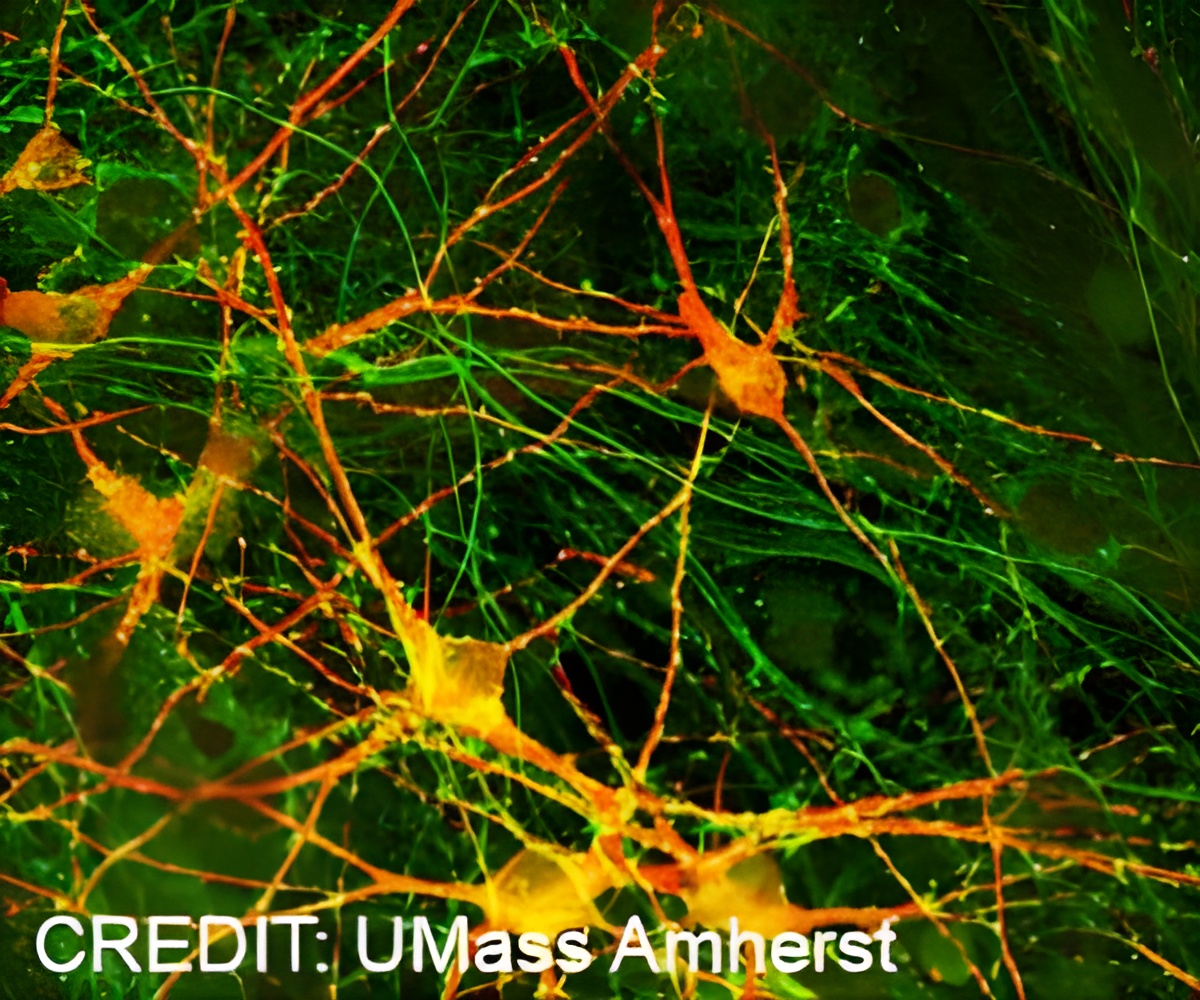New research has now confirmed a specific genetic mechanism that causes a deficit in neural communication among schizophrenia patients.

‘NRXN1 is a gene present at the cellular junction that connects two nerve cells to communicate efficiently. Losing one copy of this neurexin-1 causes a deficit in neural communication among schizophrenia patients.’





"At the end of the day, we don’t know what causes schizophrenia. This variant gives us insight into what cellular pathways would be perturbed among people with schizophrenia and a lead to study this biology," said ChangHui Pak, lead author of the study. Researchers from the University of Massachusetts, Amherst, received cell specimens from schizophrenia patients who lack NRXN1 gene copy. They first converted the specimen to stem cells and then into functional neurons. For comparison purposes, they have also created human neurons with one less copy of the NRXN1 gene from embryonic stem cells.
Studies were conducted to examine how did these patients’ brains look like early on. Pak said, "Losing one copy of the neurexin-1 gene somehow contributes to the etiology or the disease mechanism in these schizophrenia patients. It causes a deficit in neural communication."
Interestingly, the decline in the levels of neurotransmitters did not occur in the engineered mouse neurons with analogous NRXN1 deletion. "What this suggests is there is a human-specific component to this phenotype. The human neurons are particularly vulnerable to this genetic insult, compared to other organisms, adding to the value of studying human mutations in human cellular systems," Pak said.
The team is now continuing its research to analyze the molecular basis of synaptic dysfunction in schizophrenia and other neuropsychiatric disorders.
Advertisement















